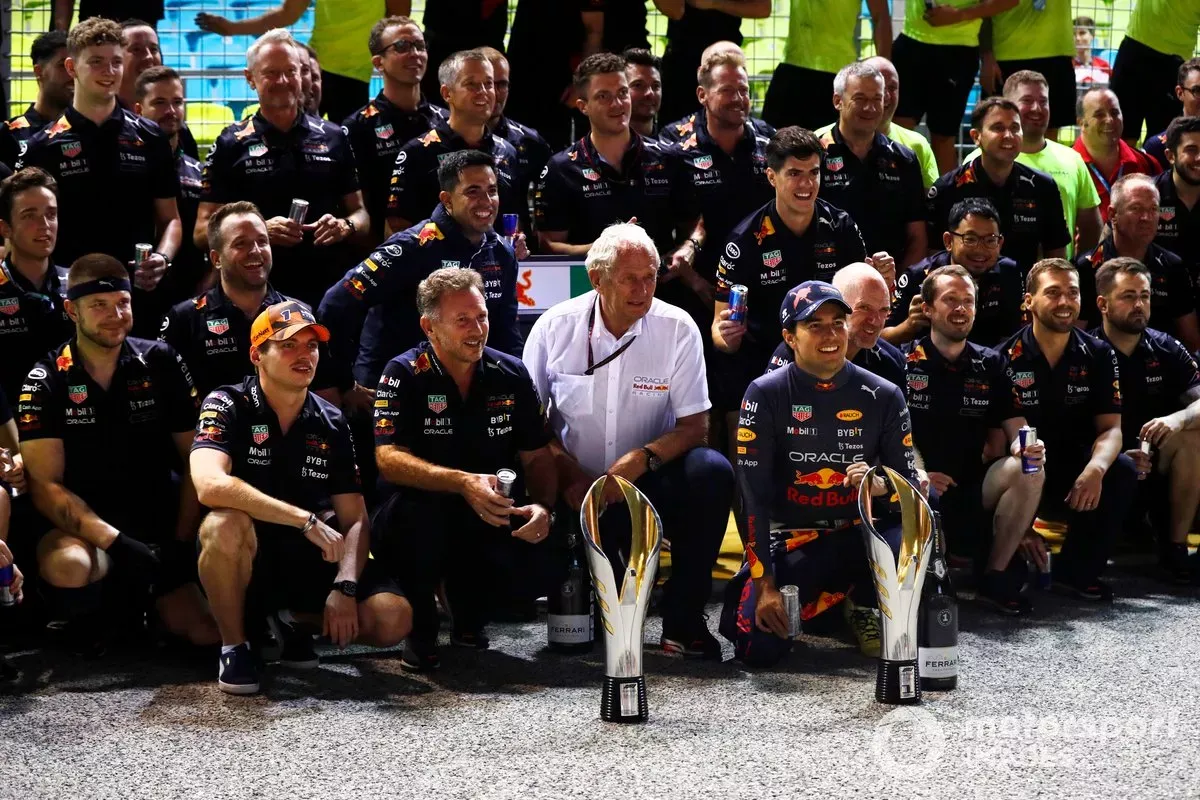Formula One News
Formula 1's first Singapore Grand Prix since 2019 took a while to get underway, but once it did it produced a multitude of talking points. Here the 10 things we learned from the Singapore GP, both on and off the circuit.
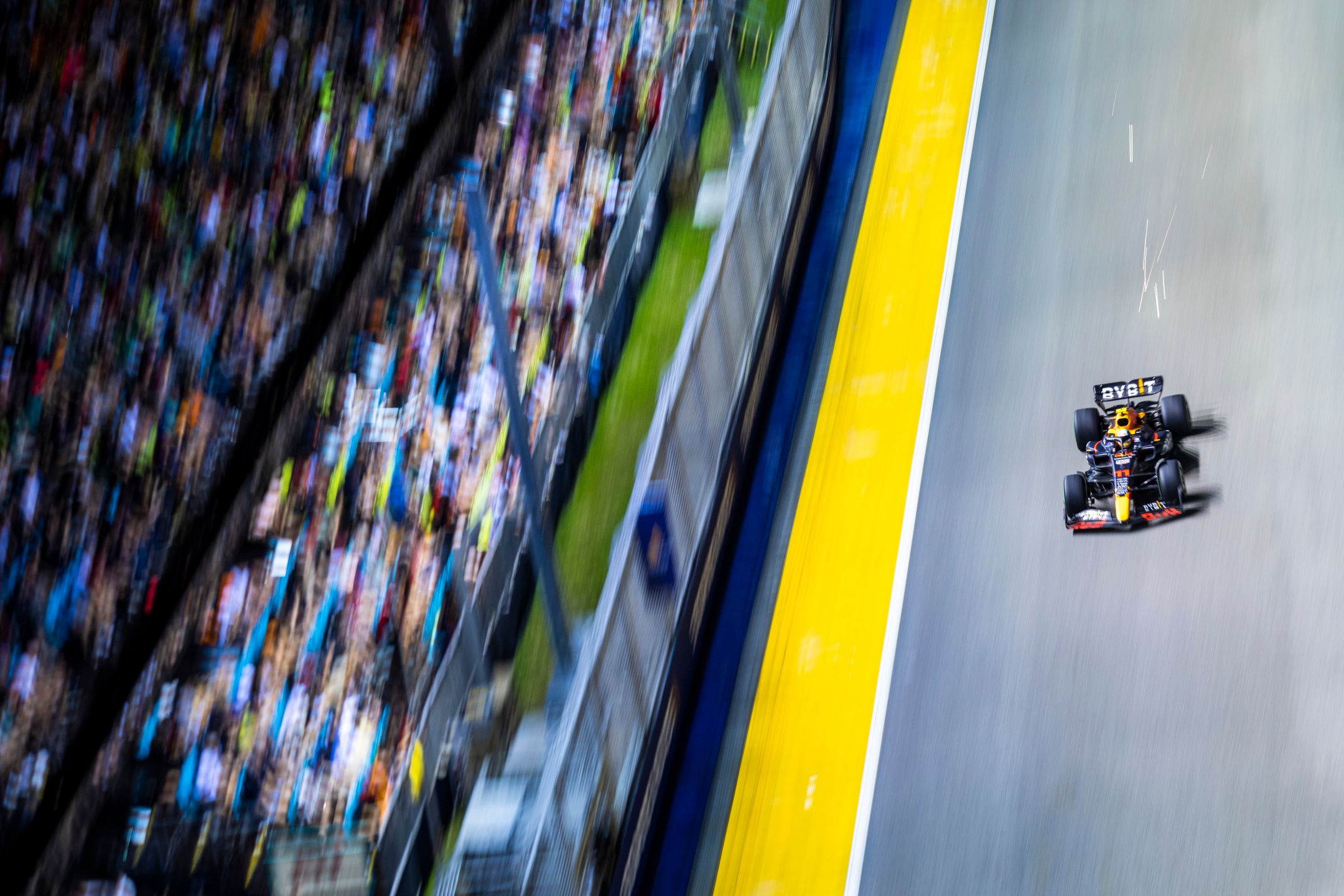
Two hours and 31 minutes. That's how much time passed between Sergio Perez taking the chequered flag in the returning Singapore Grand Prix in first place and for the stewards to eventually penalise the Red Bull driver for his repeat safety car infringements.
Along with a delayed race start owing to the slippery conditions that eventually bypassed the full-wet tyres, another chapter for the jewellery debate, plus the looming precedent the governing body might need to set if there have indeed been breaches of the 2021 budget cap, confidence in the FIA took a further blow last weekend.
That appears to have overshadowed a dramatic, if not thrilling, first encounter around the Marina Bay streets since 2019. One in which Perez delivered superbly to end his protracted poor form to streak away from Charles Leclerc late on, while champions Lewis Hamilton and Max Verstappen struggled to master the treacherous, greasy track.
All told, Verstappen's seemingly inevitable coronation must wait another week until the Japanese GP this weekend. But another big dose of budget-cap controversy ensured there were plenty of talking points in lieu of the title being definitively decided. And from those subplots, here are 10 things we learned from the 2022 Singapore Grand Prix.
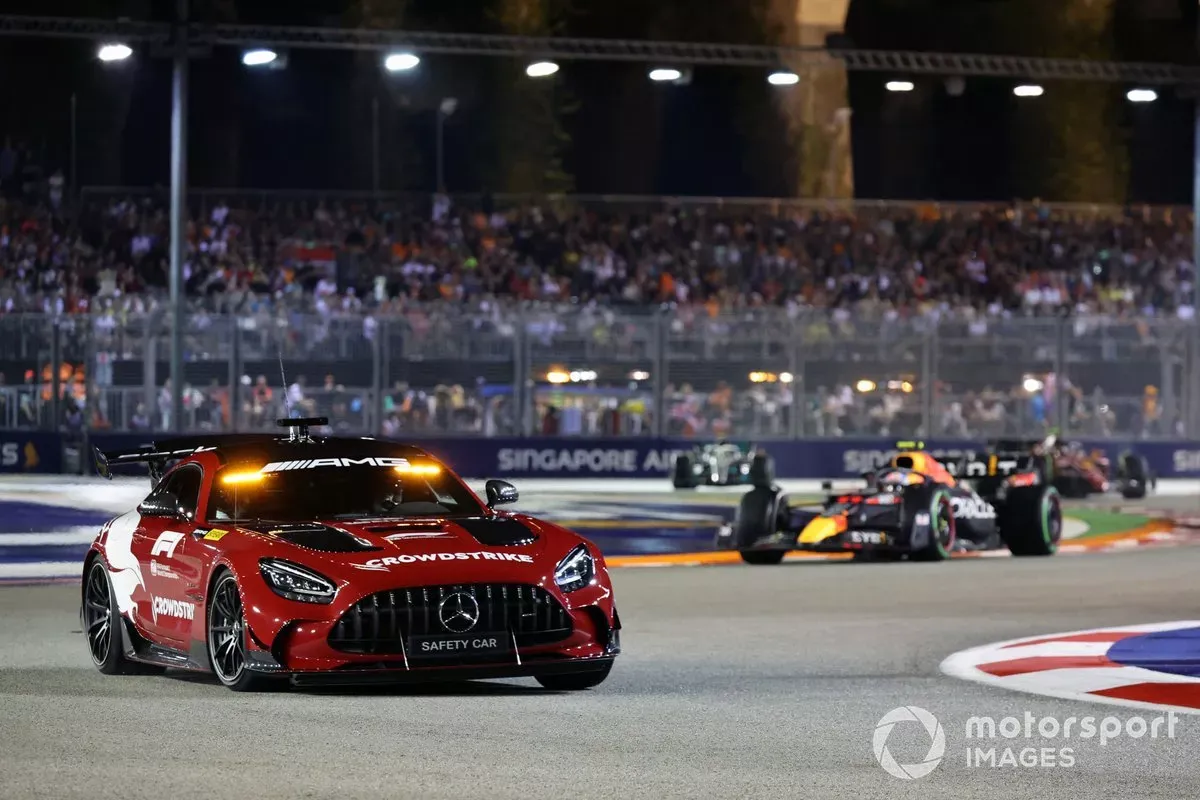
1. Yet more faith in the FIA has been eroded
It wasn't just the amount of time taken to determine the final classification - eventually issued at 1:42am local - that wrangled. There was inconsistency from the FIA, too.
Ferrari boss Mattia Binotto fully expected Perez to be handed a five-second penalty for at least once (actually three times) dropping more than the regulated 10 car lengths behind the safety car. The Italian citing former Alfa Romeo driver Antonio Giovinazzi copping a similar slap on the wrists in 2020. But when Sebastian Vettel was guilty of the offence in Canada earlier this year, he escaped without a time penalty. Part of the FIA's justification for Montreal was that numerous drivers had fouled the rules.
As such, a hard and fast regulation hasn't been met with a hard and fast punishment. This uncertainty was repeated in the justification for Perez's offence. In one paragraph, the stewards noted that the damp conditions were not reason enough for the Mexican to drop so far behind the Mercedes AMG GT Black Series. Yet in the next paragraph, they noted "the wet conditions and the difficulties highlighted by [Perez] as mitigatory circumstances."
While there was an expectation for Perez's dropping back to have consequences - see the team willing its driver to pull a gap to Leclerc late on just in case - and those consequences eventually came, that it took so long for a penalty that has precedent to be dished out and for it to go against similar events earlier in the season but align with an example from two years ago has allowed public perception of the FIA to slip further.
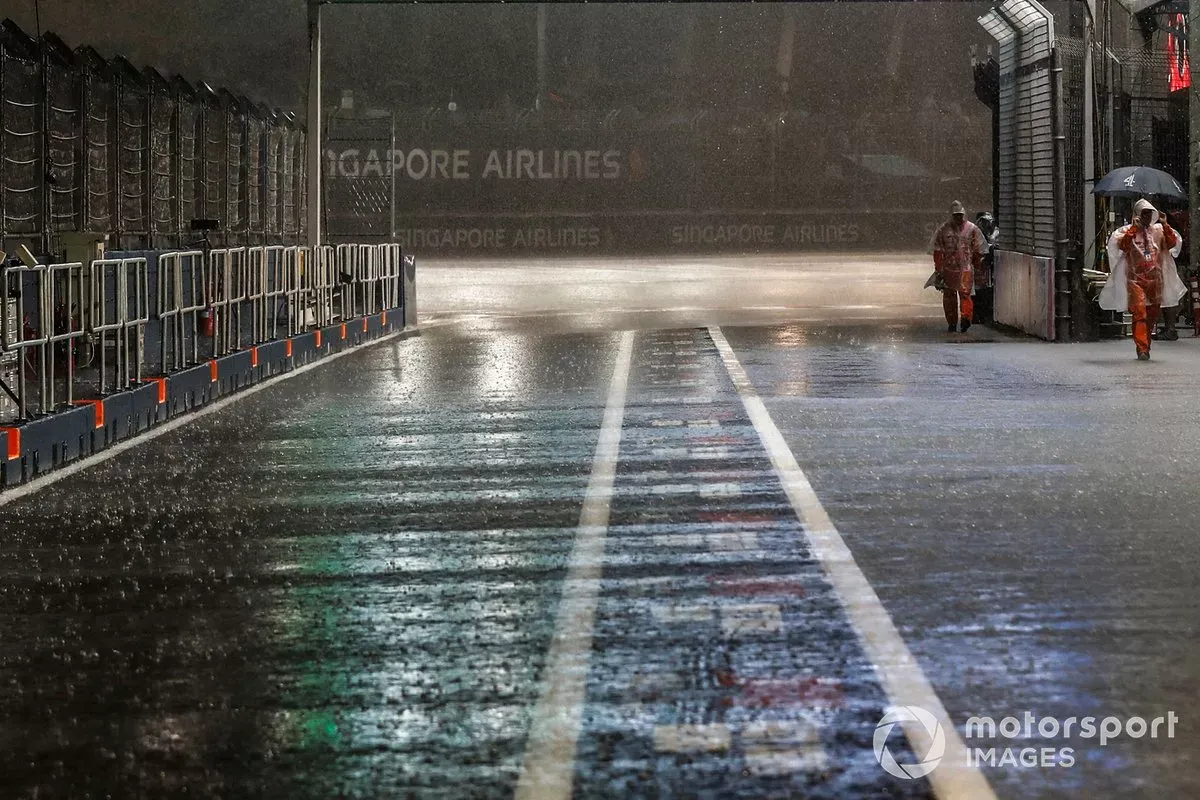
2. The handling of wet-weather starts remains clumsy
After torrential rain hit the island on Sunday evening, the FIA was forced to delay the start of the longest race on the Formula 1 calendar by 65 minutes. By the time the cars completed their out-laps to the grid and lined up in their bays, all 20 of them were shod in the green-walled intermediate Pirelli tyres. This proved irksome for many.
The FIA is tied to the 40-minute start procedure that F1 mandates, which therefore requires a major helping of foresight to predict conditions safe enough for the race to begin - which it notably did with a standing start and not led by the safety car. However, that the fully grooved wet-weather tyres were completely missed out left a sour taste in the mouth as many felt the reaction had been overly cautious and excessively drawn out to render the blue-walled rubber superfluous to requirements.
It was managed by Eduardo Freitas, the same FIA race director in charge of proceedings in Monaco earlier this season. That race only ran for 64 of its scheduled 78 laps due to also hitting the three-hour time buffer. This was instigated by four separate delays, the last being a 60-minute red flag after a formation lap behind the safety car. While a step on from the events of Spa last season, it still seems there is plenty of scope to improvement how F1 handles the natural elements.
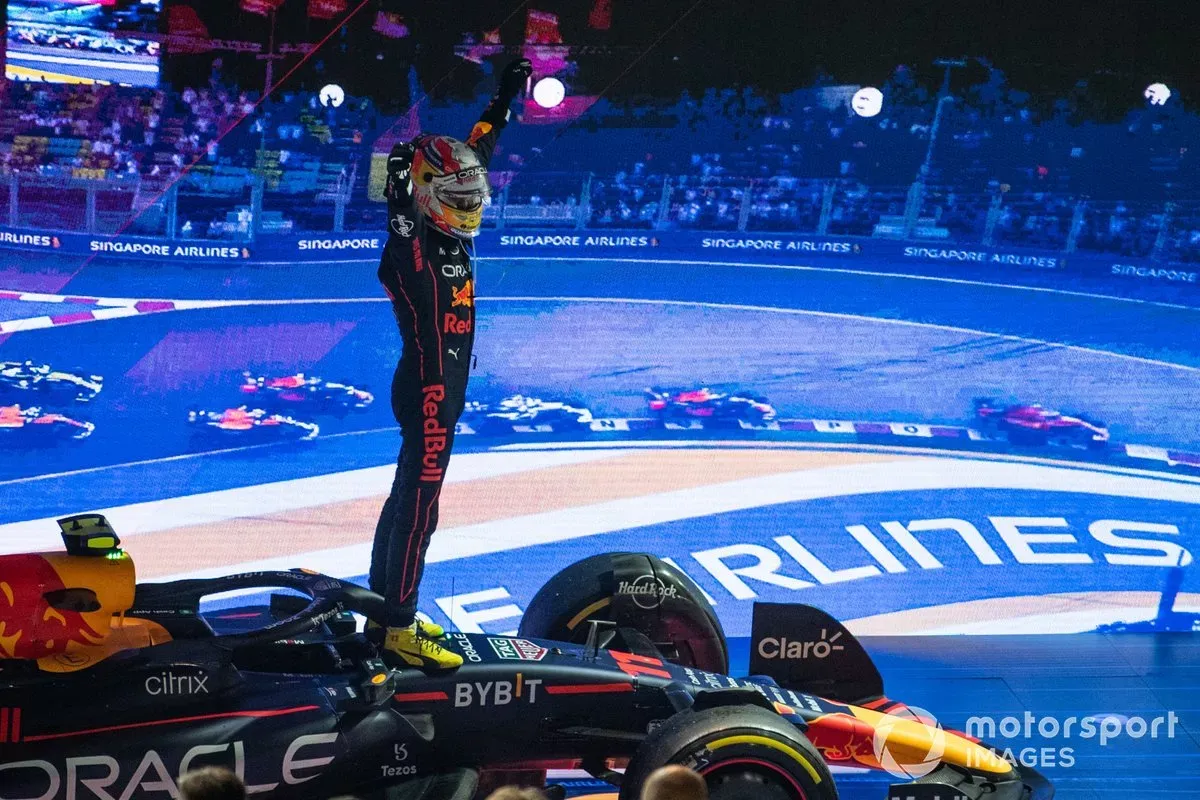
3. Perez has the power to arrest his dip in form
Perez was rapidly coming up on three full months of performances that were below the unwritten expectation, this being to follow Max Verstappen home one place behind or to pick up the pieces and take the fight to Ferrari when the reigning champion has an off-day.
He has been hurt by the lightweight RB18 that has emerged, which unlike at the start of the season, now offers mechanics the opportunity to place ballast over the front to reduce understeer but allow the rear-end to be more skittish. These are characteristics that allow Verstappen to thrive but hurt Perez.
However, with Verstappen lining up in eighth after backing out of two hot Q3 laps ultimately to provide the necessary fuel sample, it was up to Perez to lead Red Bull from the front in Singapore. That he did, nailing the second phase of his launch to beautifully demote polesitter Leclerc for the lead into Turn 1. He then led each safety car restart well and turned on his tyres perfectly in the final stint to distance the chasing Ferrari and eventually extract a 7.6s lead to comfortably cover off the belated safety car penalty.
It appears the low-grip conditions that come with a street track, let alone a wet one as per last weekend, plus low-fuel in the closing stages, allow Perez to excel when the front tyres aren't being pushed into the asphalt as per. At Suzuka this weekend, a conventional track, he needs to demonstrate his Singapore showing is here to stay.
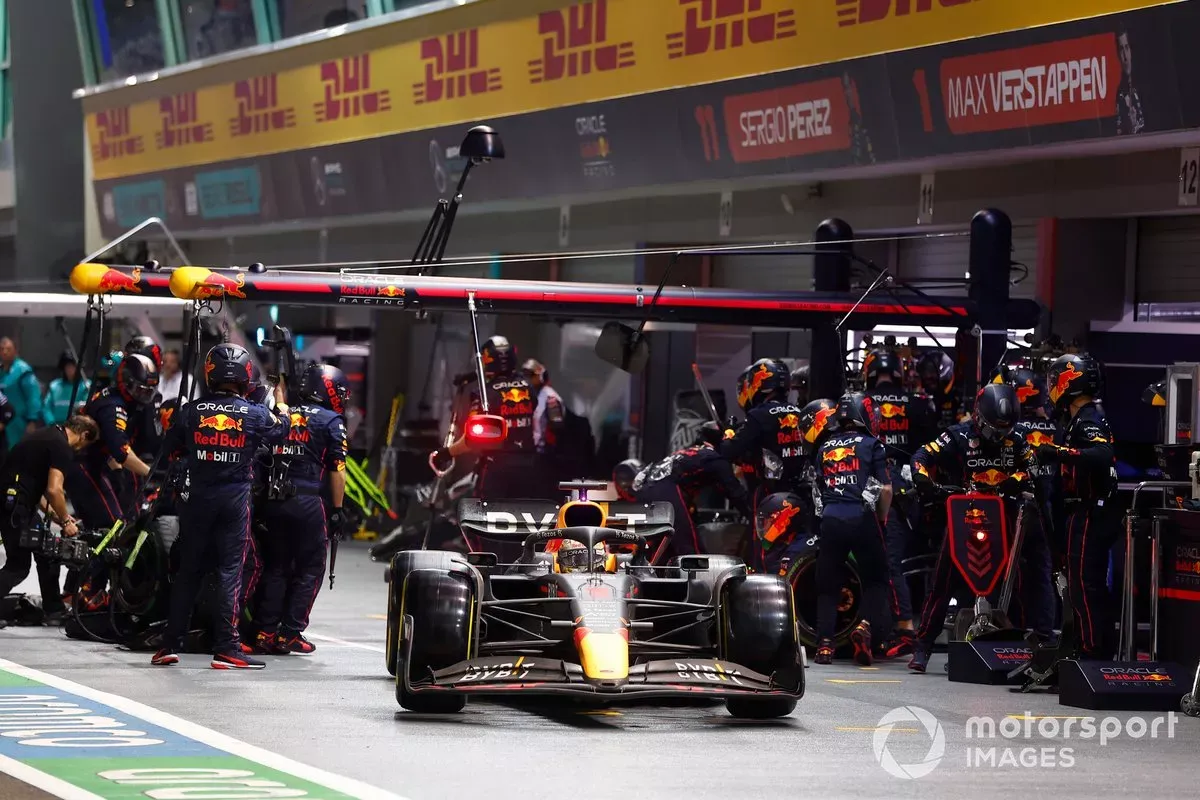
4. Formula 1's champions prove they're not infallible
Heaping further credit onto Perez for his management of the low-grip conditions comes easy thanks to the spills endured by teammate Verstappen and Lewis Hamilton, the seven-time champion long since regarded as a driver who excels in the wet.
Although Verstappen was hurt by the aborted qualifying laps mentioned above, the start was fluffed when he triggered anti-stall to drop to 12th. Attempting to take his sixth win on the spin, the Dutch driver did prove that overtaking at Singapore, without even the aid of DRS while the field ran on intermediate tyres, is possible with his precise early passes. But capping off an "incredibly messy" weekend was his blunder while battling Lando Norris as he locked up in the RB18 while bottoming out to then have to recover back to seventh. It was his worst weekend this season and put paid to his chances of breaking Sebastian Vettel's 2013 joint record of seven-straight wins.
Hamilton was similarly off-colour. While he reckoned the Mercedes was a second off the ultimate pace of the Red Bulls and Ferraris, he would have hoped for far better than a point in ninth. Having complained about banging wheels with Carlos Sainz, who then became a rolling roadblock, he overcooked it under braking to whack into the outside barrier and was lucky to recover for a front-wing change after his endplate came loose. After owning his mistake, Hamilton also botched a pass on Sebastian Vettel to round off a truly disappointing display.
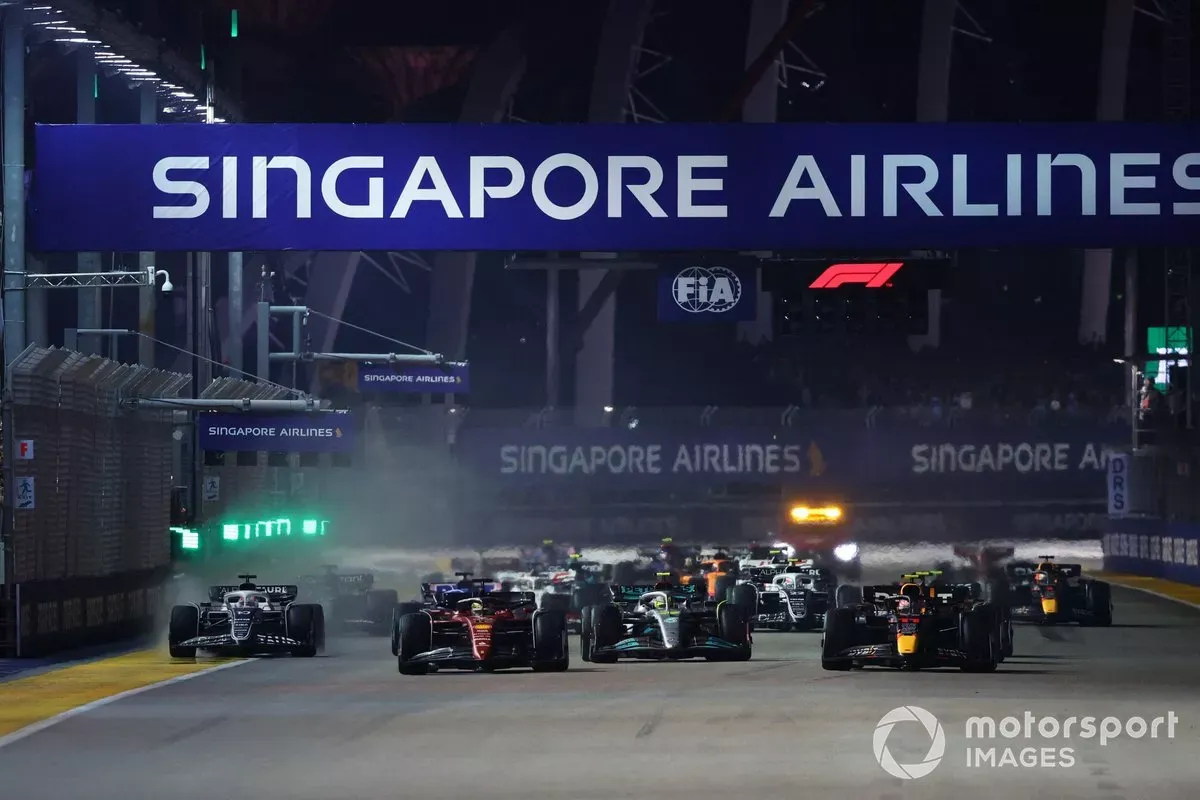
5. An eventful race doesn't make a for a thrilling race
Wet weather, two safety cars, two more virtual safety cars plus only 14 finishers reflected a hectic Singapore Grand Prix was that brought to a premature end by running into the time limit. However, for all the spills, many were left considering a race that panned out ultimately as a damp squib.
That wasn't helped by a late-race climax being denied by Perez's pace in the final stint. His turn of speed and latest case of critical tyre management enabled him to defend against Leclerc soundly before pulling clear of DRS range to scarper away to a 7.6s victory.
Further, the humid conditions ensured the track took an age to dry. So, for all the impressive shots of cars sliding around in the tricky circumstances (see George Russell somehow hanging on to the slithering Mercedes W13 out of Turn 3 after a premature gamble on slicks), passing largely came at a premium.
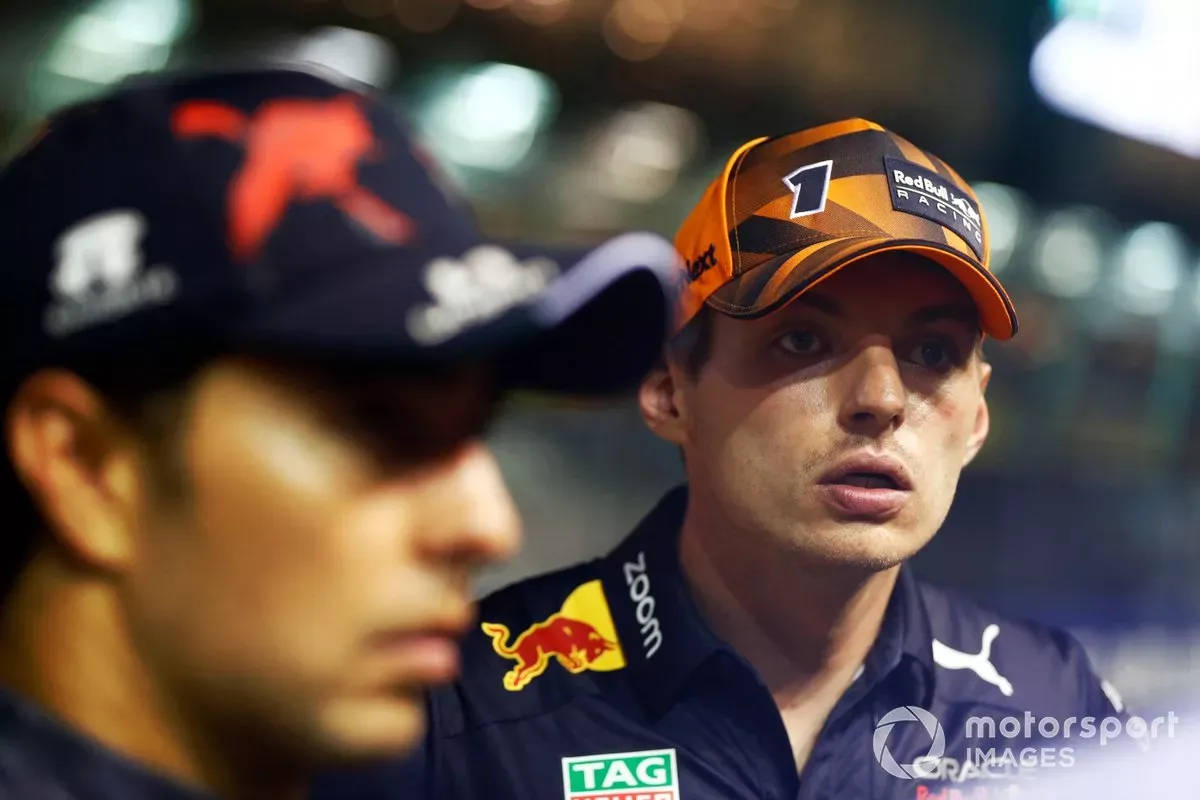
6. Confirmation of Verstappen's second title surely beckons in Japan
While Verstappen was left to rue a frustrating weekend - albeit he was far less disgruntled after the race than he had been post-qualifying - six points for seventh place and distant title rival Charles Leclerc arriving home in second merely delays his coronation.
Verstappen, who was on course for pole position, had to win and land the fastest lap while Leclerc ranked eighth or worse for the crown to be settled in Singapore. That was a feat he reckoned to be a "bit unrealistic" coming into the round. Now, though, he holds a 104-point advantage over the Monegasque. As such, for the leading title permutation, even if Leclerc finishes second in Japan this weekend, a win and bonus point for the fastest lap at Suzuka would still return Verstappen his second title with four further rounds remaining.
Adding to his cause, Verstappen will likely regain the upper hand at Red Bull on a return to a conventional circuit after Perez's starring Sunday on the city streets of Marina Bay. However, of his 31 F1 wins to date, none have been achieved in Japan.
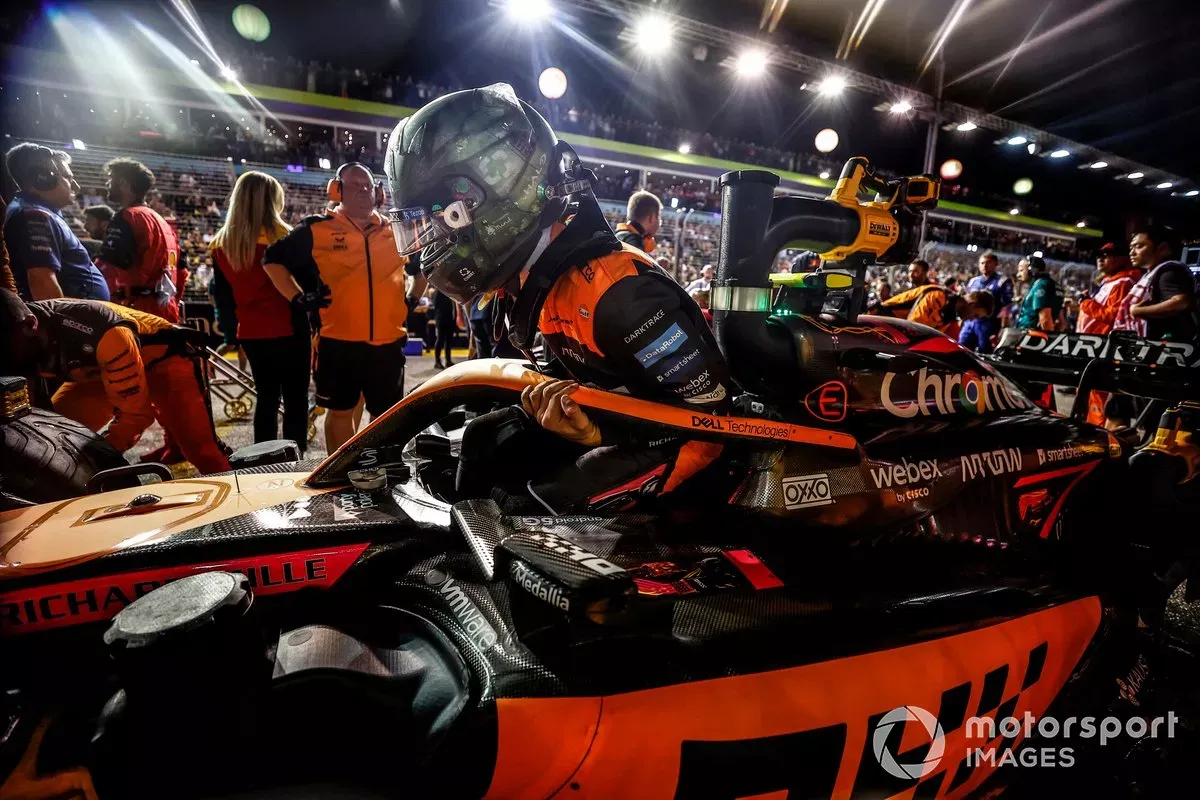
7. Alpine and McLaren's battle for fourth will run and run
Even though compared to 2021 McLaren had taken a backwards step at the start of this second ground-effect era for F1, it was still able to keep Alpine at bay initially in the battle for fourth in the constructors' championship. A cocktail of Alpine unreliability and a couple of questionable strategy calls meant, with Lando Norris doing the lion's share of the scoring, McLaren could keep in front in the points.
That was until the French Grand Prix in late July when the Anglo-French Alpine concern pipped its papaya rival, in no small part thanks to Fernando Alonso's white-hot form. And come the end of the Dutch Grand Prix last month, it had a healthy 24-point cushion in the battle to lead the 'class B' fight.
However, a calamitous double DNF for Alonso and Esteban Ocon came as both power units cried mercy well before the halfway stage of the truncated 59-lap race. Alonso had been a fine sixth at the time as Ocon made progress from 17th to 13th before the heat cooked the engines.
That allowed McLaren to take back fourth in the team's championship courtesy of a 4-5 finish, with Norris leading Ricciardo after both bided their time to pit on lap 36 under the full safety car - one tour later than most. As such, McLaren now holds a slim four-point lead over Alpine heading into the final five races.
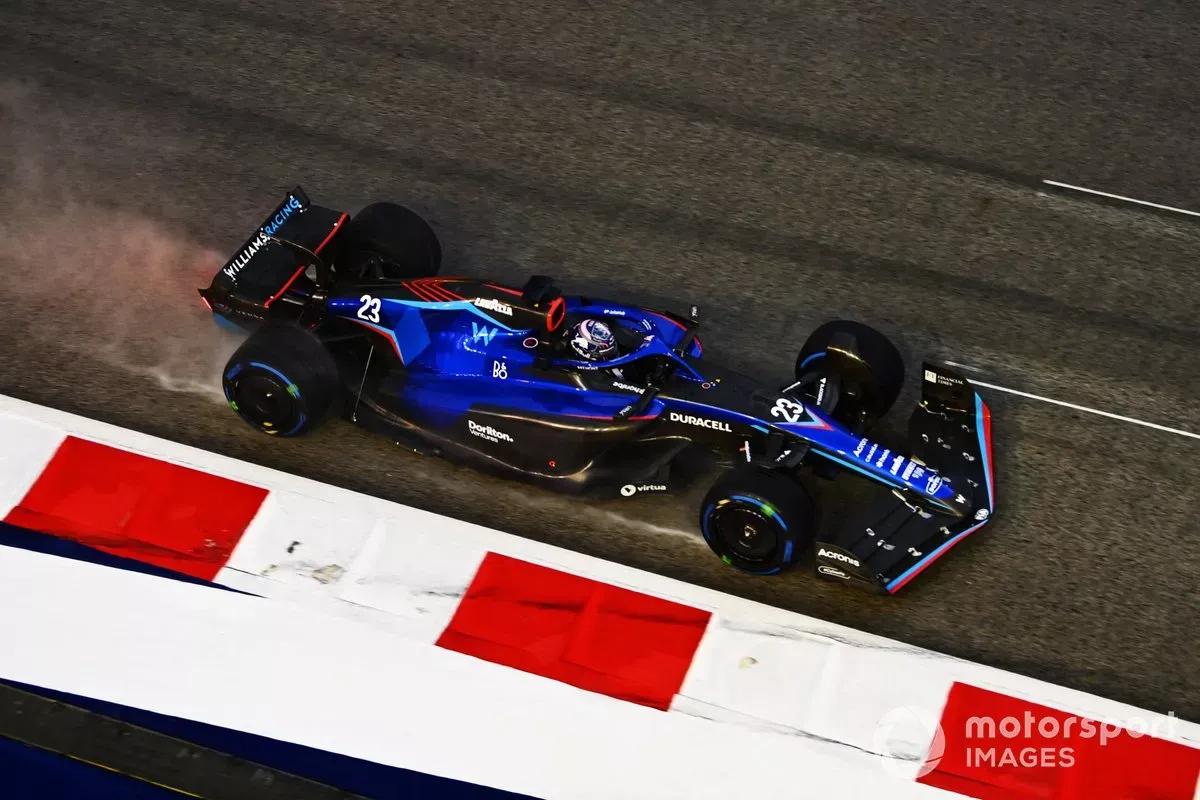
8. Albon's return was heroic, but his exit comical
Nothing can diminish Alex Albon's recovery from respiratory failure during a routine procedure to combat the appendicitis that sidelined him for the Italian Grand Prix. With a little under two weeks to go to Singapore, he started to train again. Remarkably, he formed on the grid for the most gruelling race on the calendar. Further kudos comes from his Williams team revealing he made no fuss on Friday or Saturday getting out of the car and was focused solely on troubleshooting the FW44.
However, of all the clumsy crashes during the Singapore GP (and the list is long thanks to Hamilton, Yuki Tsunoda, even teammate Nicholas Latifi wandering into the Alfa Romeo of Zhou Guanyu), Albon's was the most "lame", as per one radio commentator.
The Thai-Brit had already spun on the opening tour after starting 18th before biffing it on lap 24. He caught a patch of standing water into Turn 8 to understeer well wide. Albon hopped on the brakes but locked the fronts to roll into the outside wall. A "pedestrian" shunt was the assessment of Martin Brundle. He recovered to the pits for a front wing change but upon inspection, the mechanics called time on Albon's race.
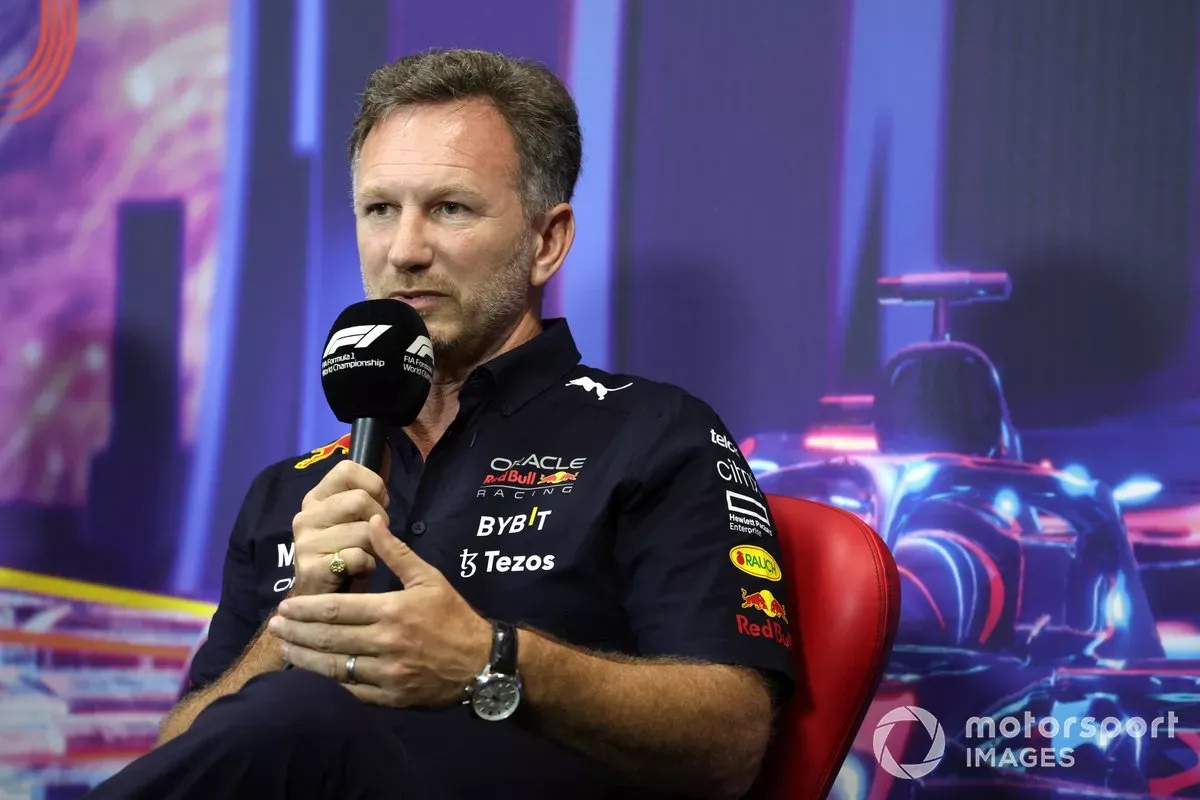
9. The budget cap is set to face its first major controversy
The Friday night talking point in Singapore carries huge significance. Sources in the F1 paddock allege that Aston Martin and Red Bull have exceeded the 2021 budget cap, the first season it was brought into use.
While the FIA issued a brief statement acknowledging the murmurings, its true test comes on Wednesday, when the governing body will release its findings into any small or material breaches of the cost cap and then decide how it will administer the available punishments.
The tabloids spuriously ran with the idea that Verstappen might be stripped of his maiden world championship to make Hamilton an eight-time title winner and reopen the Abu Dhabi can of bitter worms. That will almost certainly not happen. But the FIA must set a precedent should it find any team in breach of the $145million limit at the first time of asking.
Mercedes and Ferrari, who have been ideologically opposed to how the FIA might combat porpoising, are now aligned in calling out Red Bull. Silver Arrows boss Toto Wolff reckons that any team to have gone over the cap will not only have gained in 2021 but also for this season and 2023 as it enhanced their adaption to the major regulatory shift.
Whether Red Bull loses second in 2021 constructors' championship or has it wind tunnel time for 2023 docked, expect plenty of name-calling is still to come.
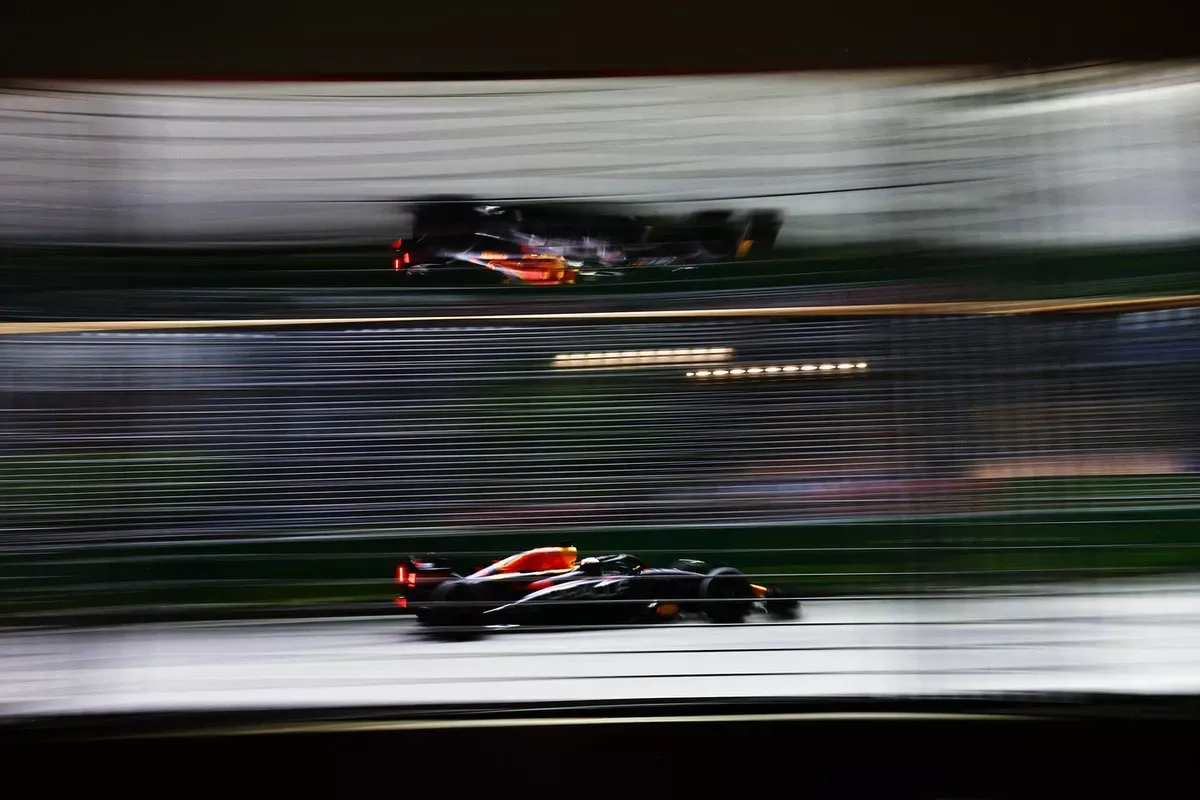
10. But Red Bull emphatically denies any overspending
However, Red Bull team boss Christian Horner insists his squad's accounts are in order and has fiercely rebutted claims of any wrongdoing. He said: "I'm absolutely confident in our submission. It's been through a process. It went in, in March, in terms of [being] signed off fully by our auditors who are obviously one of the big three. And we believe that we are comfortably within the cap. So, the FIA are following their process. We expect hopefully, and potentially this week, to hear not just us, but all of the teams, the outcome of that process."
Responding to the general comments from Wolff and Ferrari's racing director Laurent Mekies, Horner bit back with the apparent threat of legal action. He added: "Unless there is a clear withdrawal of those statements, we will be taking it incredibly seriously and looking at what the options available to us are. It is absolutely unacceptable to be making comments of the type that were made yesterday, that are totally defamatory to the team, to the brands, and even to Formula 1."
